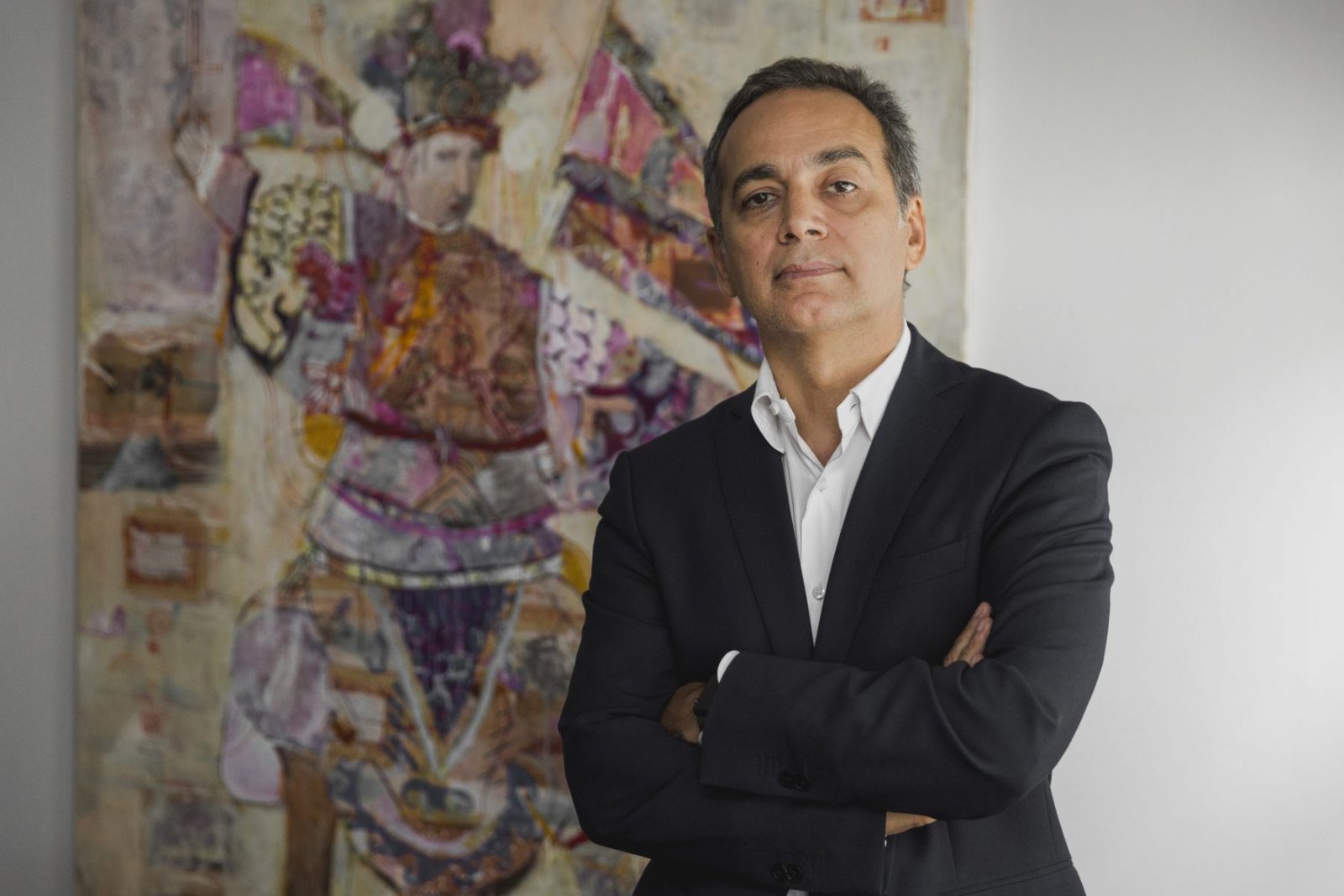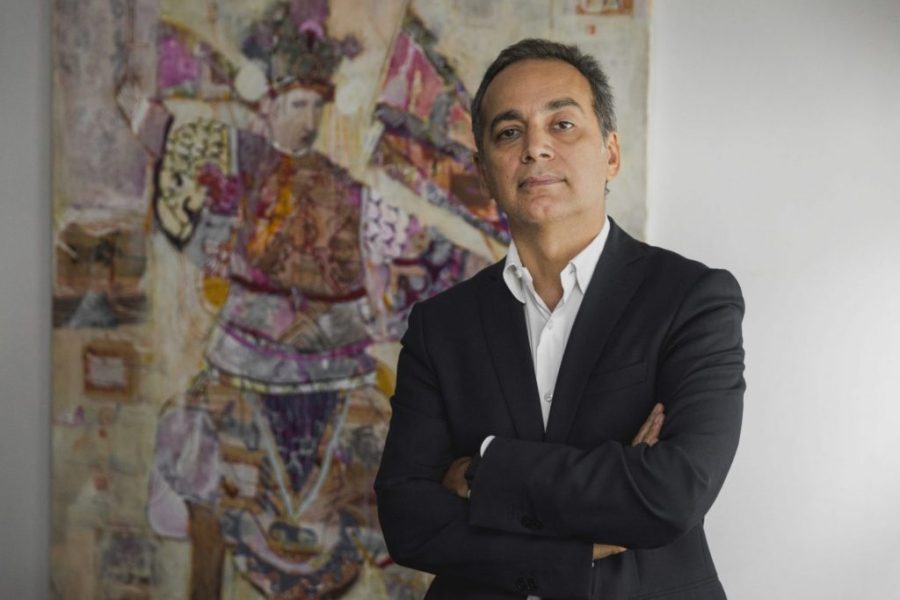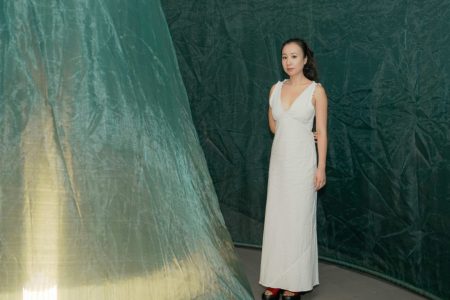More than 30 years later, he’s still unsure what exactly led him to study law. “I never had that vocational thing, that premature vocational call. I don’t remember going through that childhood thing where, at the age of seven or eight, they say … ‘I want to be this or that when I’m older,'” he says.
He, like many children, briefly dreamed of becoming an astronaut. “I thought that was really cool when I was a kid, but I gave up when I learned they ate through tubes.” His Spanish grandmother, on the other hand, dreamed of him becoming a bullfighter; most bulls used in Portuguese bullfighting come from the region where he lived, Ribatejo. To her, it seemed a natural fit but Simões never felt any connection to such things.
“In the ninth year, in the early 1980s, I sat vocational tests and they pointed to two paths: agronomy or law. I went for law,” he recalls. “From an early age, I opted for advocacy. Nothing else appealed.”
All these years later, Simões still nurtures a love of advocacy: “I could never see myself practising any other profession.” After graduating in 1991, he completed the first year of his internship in Portugal and the second year in Macao, where he’s practised ever since.
Working in Macao
Few would deny that engineers and architects have considerable influence on the culture of a city through the built environment, creating the physical structures that we interact with on a daily basis and subtly shaping how we move through the world, interact with others and with our environment.
The law is a similar, if often far more invisible, factor in physically shaping a city, determining what can be built where and by whom. It also has the ability to break new ground, both literally and figuratively, with projects like One Central.
“No one had ever done that in Macao. The residential, commercial valences, and the hotel part – all in one. This was a pioneering and innovative venture in Macao,” Simões reflects. “Later, the casinos arrived, as we know them now. I participated in all the legal solutions encountered and applied to that project… It was a very intense project that is still used and replicated today.”
The casinos brought new opportunities and experience for Simões, enhancing his reputation in the process. Like all the lawyers who participated in the negotiations of concessions and sub-concessions, his experience working on the MGM sub-concession left its mark on him.
“It was like the opening of the doors to a new world. At the time no one had an exact notion of the impact that it would have. These concessions were being negotiated and discussed on paper; it was all just being imagined,” he recalls.
Years of negotiations passed, with new casinos moving in, and each day they went to work “as if we were organising an expedition to the moon. Nobody knew exactly where it was going to lead. And of course, all interpretations were possible. Perhaps some looked at the same contract, the same clauses, and saw radically different things.”
When delving into the advocacy he currently practices, oriented to the law of transactional business, companies, real estate transactions, investments, funds, etc, Carlos Simões doesn’t hesitate in framing ‘the career.’
“My professional life has had several cycles. Because Macao is a small place, one ends up practicing a little of everything. No lawyer in Macao says, ‘well, I arrived 20 years ago, I started doing this, and it’s still what I do today.’ That never happens,” he explains.
There was a period when he did a lot of litigation, and while he still finds himself in court today, it’s a venue that holds little allure. “In the case of transaction law, business, everyone has a common goal and, despite different pretensions, everything is working in a certain direction. In court, it’s not like that.”
Court, he says, operates with each side working in opposing directions and the judge sits in the middle, moving things along but without a defined direction. While it can be “very interesting,” for Simões, litigation fails to offer the satisfaction of advocacy, of working in the same direction and “solving things” for his clients.
Roots in Portugal
His childhood in the small municipality of Torres Novas, however, couldn’t have been further from the glitz and glamour of Macao. “Everyone knows everyone. We grew up with our friends – parents are friends, the children are still friends. There is a greater solidarity in social relations and friendships.”
While he continued to excel academically after the move to Lisbon (and professionally in Macao) he never again experienced the deep sense of community solidarity of his childhood. “In that sense, I have always continued to be a man from the countryside, very connected to those friendships and contacts.”
It’s also where he developed his work ethic, taking on all manner of jobs when he was still a teenager. “My brother and I really enjoyed it: painting placards for my father, distributing advertising, etc.”
“In the summer, I worked in a tomato factory. Then in university, I made money correcting and creating resources for the classifieds of the 12th grade. We were always like that. It’s what I remember most from those years: this entrepreneurial spirit that was greatly encouraged by my father.”
Simōes recalls the easy adaptation when he left Torres Novas for cosmopolitan Lisbon to continue his studies, a transition eased by family. “I lived at my grandmother’s house. I spent the week at my grandmother’s and my aunt’s house, who turned out to be a second mother to me.”
Planning for the future
For all his enthusiasm for work, Simões enjoys filling his free time with a variety of activities. “I run, cycle, play squash, go to the gym. My hobbies are to do a little sport. But never in a serious way.” He also loves reading, particularly historical novels, detective stories and travel books, which likely come in handy in one his favourite pastimes.
Living in Asia is, for a Westerner, synonymous with travel most of the time and Simões doesn’t escape this rule: “I spend my life travelling.” Endlessly curious about how other people live, the story of a place, he prefers to seek out authentic experiences over recreating the comforts of home. “I never get tired of it.”
The future, he insists, will involve a great deal more free time. “I’m not one of those people who say, ‘I want to work until the end of my days’. I do not want to be like my father,” he remarks. His 87-year-old father still controls his business because “that’s what animates him. That gives him a sense of well-being and control over his life.”
At 50 years old, with his three children finishing their schooling within the next few years, Carlos Simões is looking toward a different future for himself. “I do not want to be in a situation where I need to work for a sense of well-being and a goal in life. I want to do other things.”
None of his children – two sons and a daughter – are interested in pursuing advocacy like their father, and that’s fine with Simões. “Mentalities have changed a lot. I think that, in general, parents only look for what their children want,” he reflects. “Today, there is more freedom.”






